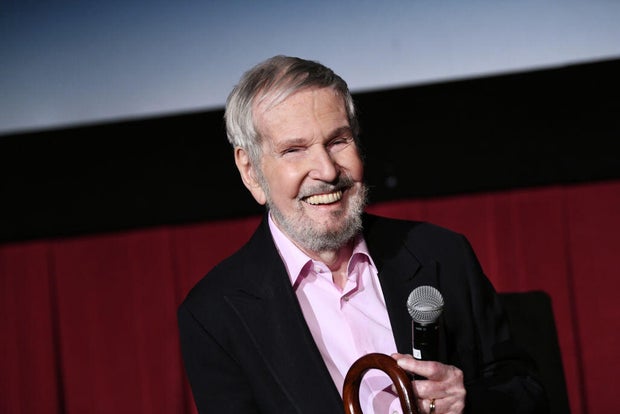Robert Benton: A Legacy of Innovation in Film

Robert Benton stands as one of Hollywood’s most influential writer-directors, celebrated for his original storytelling and profound impact on American cinema. His work, spanning over four decades, transformed film genres and inspired generations of filmmakers. This article explores Robert Benton's remarkable journey, highlighting key achievements, signature films, and his unique legacy.
Early Life and Entry Into Hollywood
Born in Waxahachie, Texas, Robert Benton developed a love for movies early. This passion led him to study at the University of Texas before serving in the U.S. Army. Benton’s career began in print as an art director for Esquire magazine, where he met his longtime collaborator David Newman. Driven by a shared enthusiasm for French New Wave films and classic gangster stories, Benton made the leap from publishing to screenwriting, setting the stage for his future success.
Breakthrough with "Bonnie and Clyde"
Benton’s first major splash came with the co-writing of "Bonnie and Clyde" (1967). The film, produced and starred in by Warren Beatty, was an audacious reimagining of American outlaws Clyde Barrow and Bonnie Parker. Though initially controversial for its violence, the movie became a cultural milestone, helping usher in a new era of creative freedom in Hollywood. CBS News' obituary highlights how "Bonnie and Clyde" received critical acclaim and set Benton on a path to Oscar glory.
An Oscar-Winning Writer-Director
Robert Benton’s distinct voice as a director emerged with films like "Kramer vs. Kramer" (1979) and "Places in the Heart" (1984). "Kramer vs. Kramer" explored the changing roles within the modern family, earning Benton two Academy Awards for Best Director and Best Adapted Screenplay. The authenticity and depth of his storytelling allowed actors like Dustin Hoffman and Meryl Streep to deliver career-defining performances. Benton’s work on "Places in the Heart" drew from personal childhood memories and won him another Oscar for Best Original Screenplay. For more on his artistic approach, visit The Guardian’s detailed obituary.
Pushing Boundaries and Innovating Genres
Beyond these achievements, Robert Benton consistently challenged genre conventions. He co-wrote scripts for classics such as "What’s Up, Doc?" (1972) and was instrumental in developing nuanced character studies in films like "Bad Company" and "Nobody’s Fool." Benton's work not only entertained but offered fresh perspectives on familiar Hollywood stories. His creative risks brought subtlety and complexity to American cinema, which classmates and critics alike recognized and praised.
Later Career and Lasting Influence
Though the latter part of his career saw fewer commercial successes—such as "Billy Bathgate" and "The Human Stain"—Benton remained uncompromising in his artistic choices. He continued to work with Hollywood's brightest stars and was respected for his attention to character and story. His ability to elicit powerful performances and deftly blend humor with drama are part of the indelible mark he left on film.
Remembering Robert Benton
Robert Benton passed away at the age of 92, leaving behind an extraordinary legacy. He is remembered as a cultured and original storyteller who remained devoted to his craft throughout his life. Benton’s films continue to influence directors and captivate audiences worldwide. To explore more about his enduring influence and personal journey, visit the CBS News tribute and The Guardian’s in-depth reflection.
Conclusion
Robert Benton's life and career are testaments to innovation and resilience in the cinematic arts. His willingness to challenge Hollywood norms, combined with award-winning storytelling, has cemented his place in film history. For anyone passionate about cinema, his work remains both a source of inspiration and a benchmark of excellence.